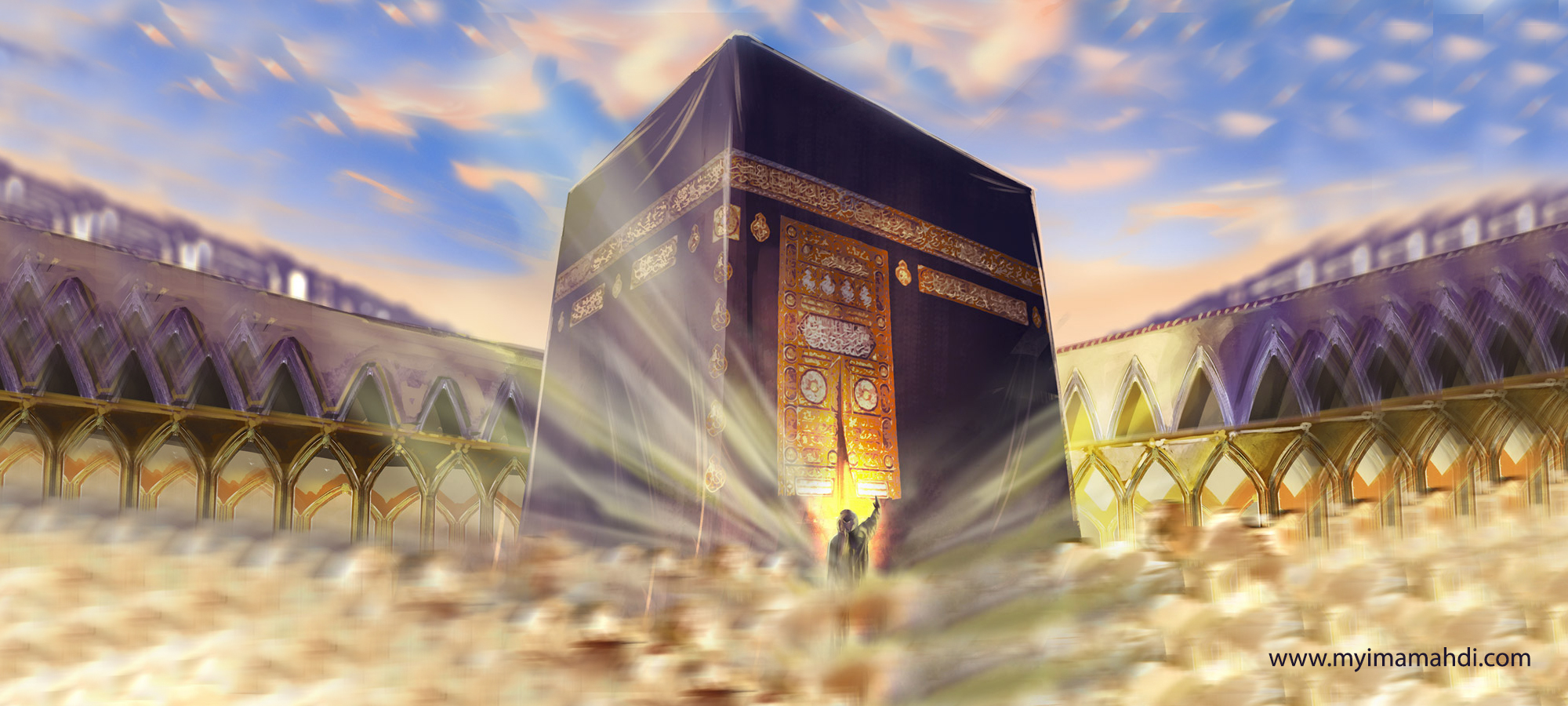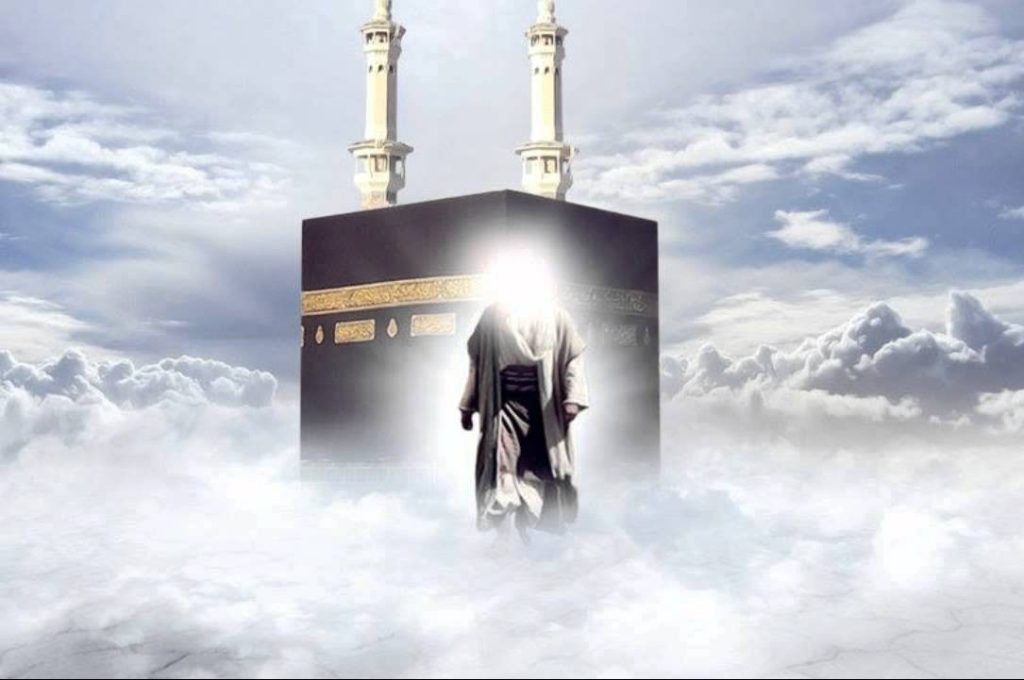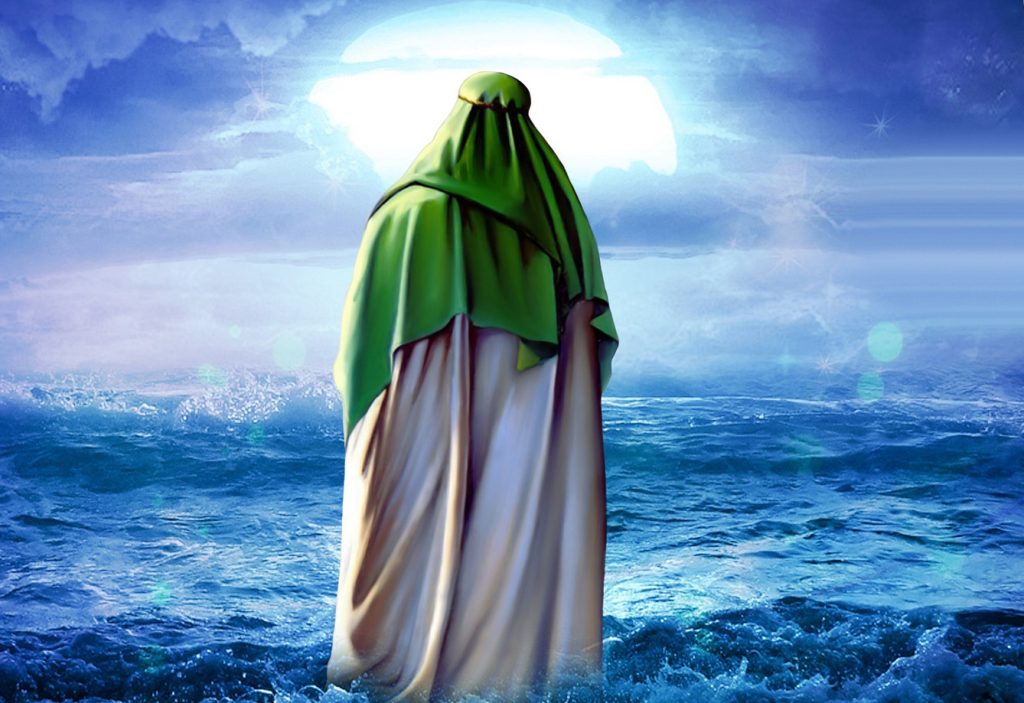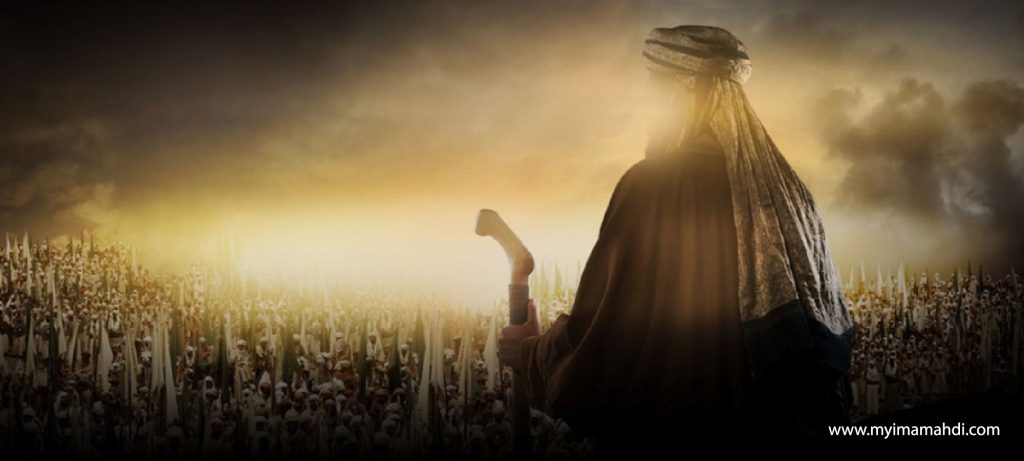In the Name of Allah, Most Gracious, Most Merciful
Imam Mahdi, the promised existent , Chapter One
General Leadership (Imamate) in The Shia Religion – first part
The issue of Imamate in the Shia religion is theological, not jurisprudential, because the issue whose subject is God’s attribute or action is theological, and the issue whose subject is an obligatory act is jurisprudential. In the Shia religion, installing an imam and determining it is an act of God. Therefore, it is considered to be theological and one of the principles of religion against the ancillaries of religion. Although it is obligatory for the people to accept it and from this point of view it is a jurisprudence if it will come.
In order that:
- What is related to the divine essence, attributes and actions (principles of religion).
- Matters related to human actions and duties (ancillaries of religion).
Determining the limits and boundaries of divine actions in the realm of theology and discussing the limits, conditions, qualities, obstacles, comparisons and other issues of human actions in the field of jurisprudence, are ethics and law.
Imamate is considered one of the theological issues and the principles of religion, but others consider it one of the jurisprudential issues and part of the ancillaries. They do not believe in the necessity of Imam’s infallibility and they consider him as ordinary leaders who get their position from people’s election and not from divine appointment, therefore they do not consider it as one of the principles and they talk about Imamate in jurisprudence. If they talk about imamate in theology, it is to negate its theological nature.
According to the firm belief of the Shai religion, managing the affairs of the society is one of the lowly and weak duties of the imam, and contrary to the false idea of those who introduce the Imamate as only the headship, management, and planning of the society, the Imam is a valuable personality whose his pure existence provides the high needs of human society and his divine existence guides the angels of the realm of the divine, and his powerful existence invites the bearers of the divine throne and the helm of the supreme assembly to their fullness, and is also responsible for higher and higher tasks.
Theological nature of imamate means that the appointment of the imam is the responsibility of God and his actions, because the imam should not fall into contradictions, negligence, mistakes and forgetfulness in fulfilling the duty of imamate and declaring divine decrees and explaining them. Also, he should not make mistakes in his actions and individual duties. The imam should not be contaminated by sin and sin should not stain his face and soul, and above all, not only his hand should not reach out to sin and the decision of sin should not pass in his heart, but his thoughts should also be protected from error and mistake, and this is the high position of infallibility, which is one of the hidden and final secrets of the perfect human being. It is also considered as one of the conditions of prophethood and Imamate. Such a person can understand all the secrets of the world through divine teaching, understand the things that bring happiness to mankind, and see the inside of things and people by God’s permission and without mistakes.
This work, which is one of the permanent possessions of a perfect human being, is not recognized by anyone except the Divine Essence and whoever God wills. For this reason, the appointment of an imam is solely the responsibility of the God of the Unseen World. During the test of God’s friend, Prophet Abraham, the Holy Qur’an called the Imamate a covenant of God: “My covenant does not reach the wicked” (Surah Baqarah verse 124) and attributed the appointment and installation of the Imam to God: “He said, I have made you Imam and the leader of the people.” (Surah Baqarah verse 124).
Imam Mahdi (www.myimammahdi.com)
Cruelty includes any kind of wrongdoing, and God Almighty considers being cruel and committing the smallest mistake to prevent him from attaining the covenant of guardianship and the high position of prophethood and imamate: “My covenant does not reach the oppressors”, therefore infallibility (that is, immunity from error and sin) is the basic condition of such a position, and identifying and determining the innocent and placing him in this position is one of the divine actions and the principles of religion, as a result, it is a part of theological issues.
According to others who do not consider infallibility as a condition for the imam of time, there is no meaning in the name of divine imam. They reduced the throne of the divine Imamate to the carpet of human caliphate and considered the caliphate to be only the material management of the society and interpreted the imam and the imamate as the caliphate and the caliphate. As a result, they mistakenly thought that he was like other ordinary leaders who are recognized by the people’s election, and they believe that under the roof of the Saqifa Bani Saedeh (the place where the ordinary people appointed a person for Prophet Muhammad as his successor) the caliph can be appointed and they mistakenly believed that there is no necessity in God’s installation and appointment of an Imam in Ghadir (the place where God appointed Imam Ali as his successor for Prophet Muhammad) and the like.
The jurisprudential face of the Imamate
General Leadership (Imamate) in The Shia Religion
Despite the fact that the issue of Imamate is a theological one, in some hadiths, this same issue is mentioned in the row of ancillaries of religion. The secret is that Imamate and Wilayat have two faces: theological and jurisprudential. Due to its jurisprudential dimension, it is placed next to prayer, fasting, Hajj, Jihad, Zakat and the like, all of which are considered as pillars of ancillaries of religion.
In other words, that part of the issue of Imamate, which is responsible for the issue of installation and legitimacy, goes back to the act of God Almighty and is one of the principles of religion, and theology is responsible for it. However, because accepting the infallible Imam and obeying his leadership is obligatory on the people, guardianship, like prayer, fasting, zakat, Hajj, and Jihad, is a jurisprudential issue. Therefore, accepting the infallible imam is one of the secondary and jurisprudential obligations, just like prayer.
The border of Shia thought is separated from the owners of other thoughts in this axis, because according to Shia doctrine, government is based on meritocracy (infallibility) and worthy people sit on the throne of power and they assume this position and responsibility by God’s command and installation. But based on the vision of others, it is possible that worthy people become hermits, as we can see an example of it in the liberal democratic system of the West.
They are people who look, not insight. Not every viewer has insight. There may be many people who look, but the people who have sight are few. God Almighty says to his beloved Prophet about the people who look without insight that some people look at you but do not see you. They only know your appearance and lineage, and they do not understand your words except its appearance: “And you see them looking at you and not seeing you” (Surah A’raf, verse 198).
Imam Mahdi (www.myimammahdi.com)
In the issue of Imamate and Wilayat, some people are people who look at the appearance and not the insight: those who, according to their opinion, solved the problem of the Prophet’s succession under the roof of the Saqifa Bani Sa’idah after the death of the Holy Prophet of Islam. And they put someone who was never compatible with the Prophet of God in his place. They were clairvoyants, not visionaries, to recognize the Prophet, and thus recognize his vicegerent. They did not recognize the succession nor did they recognize the Prophet. continues …










